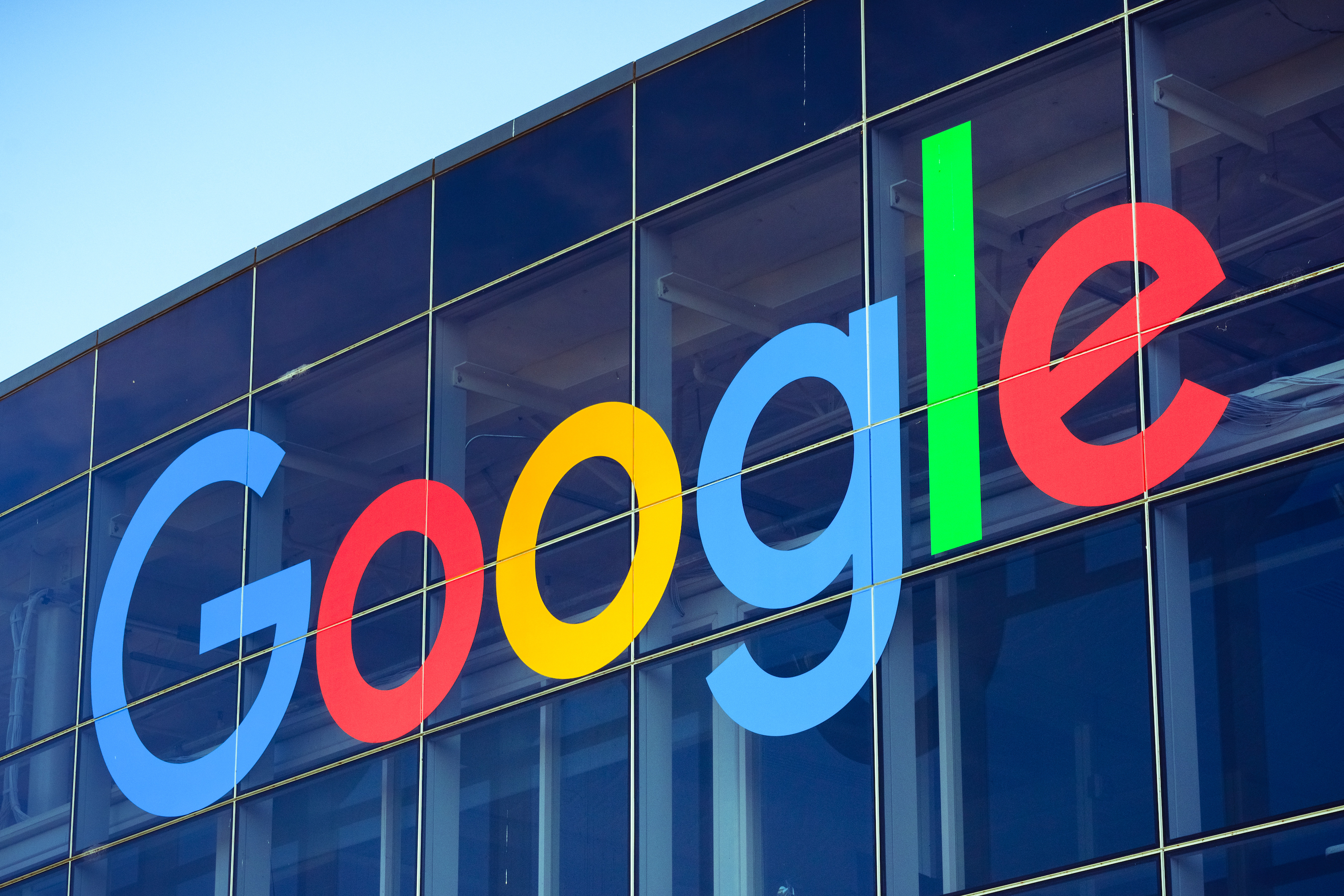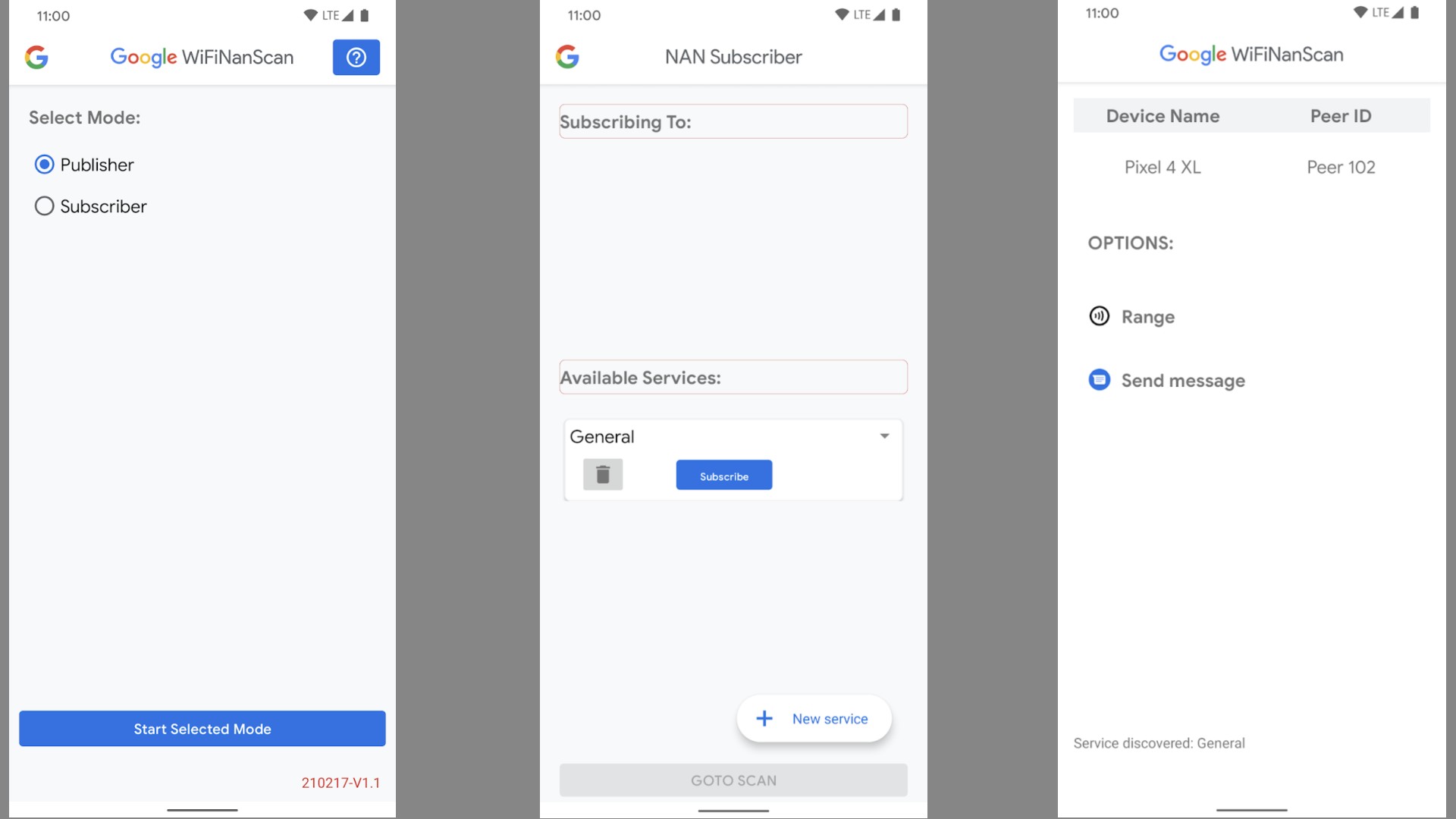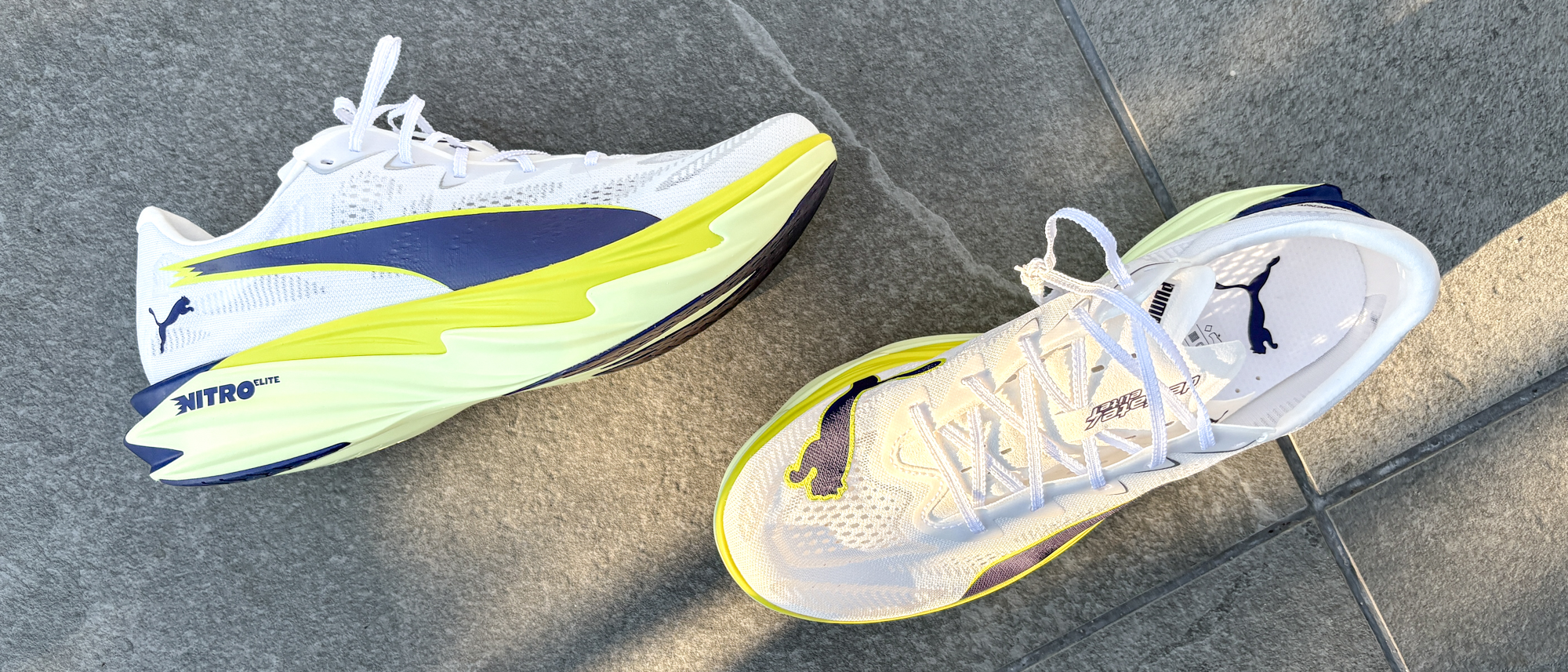Google just made Wi-Fi way better than Bluetooth — here’s how
New tech promises some amazing new features

Google has released a new app on Android devices that allows phones to connect with each other over far greater distances than Bluetooth while making it possible to send messages to each other, or transfer large amounts of data without an internet connection.
However ,the app it has released is just demoing one feature, the ability to accurately tell how far apart two devices are from each other. The new app is called WifiNanScan and is mainly for developers to test, but it demonstrates how the Neighbour Awareness Networking (NAN) works.
- Google Pixel Fold release date, price, features and rumors
- Read our Google Pixel 5 review
- Plus: Huawei P50 cameras just leaked — the Galaxy S21 Ultra should be worried
As reported by 9to5Google, this particular app is able to measure the distance between two devices as well as allow the phone to be either a publisher or subscriber. This simple app lets people pick which role they want to fulfill and allows messages to be exchanged between them, as well as detecting their proximity to each other.
When a publisher starts a specific service, in this case the WifiNanScan app, they are signaling their availability to potential subscribers within Wi-Fi range. So, for example, a teacher could sit in a classroom and when a student enters the room, running say the school’s approved app, they will be connected together and can exchange messages. They will also be able to create an ad-hoc network without using a Wi-Fi access point. Devices can both publish and subscribe at the same time.

The potential of a service like this is quite considerable. Some of the examples given by the Wi-Fi Alliance include: being able to play a game together with friends without access to the internet or listen to music on multiple devices at once. It also has potential, the group says, to provide autonomous vehicles a way to communicate with each other and share crucial information. That could be useful for alerting cars to nearby accidents or hazards or simply managing traffic flow to reduce congestion.
Of course there are no doubt some ethical and security considerations to be considered here. While the test app is certainly very clear, will that remain the case when services like this are rolled into third-party apps? We'll be watching how this technology evolves closely.
Get instant access to breaking news, the hottest reviews, great deals and helpful tips.
Ian has been involved in technology journalism since 2007, originally writing about AV hardware back when LCDs and plasma TVs were just gaining popularity. Nearly 15 years on, he remains as excited as ever about how tech can make your life better. Ian is the editor of T3.com but has also regularly contributed to Tom's Guide.
 Club Benefits
Club Benefits





